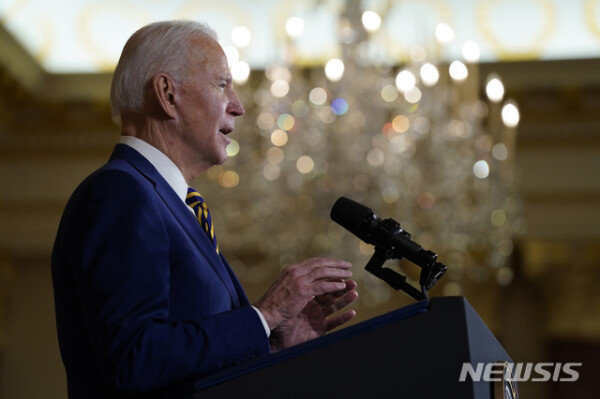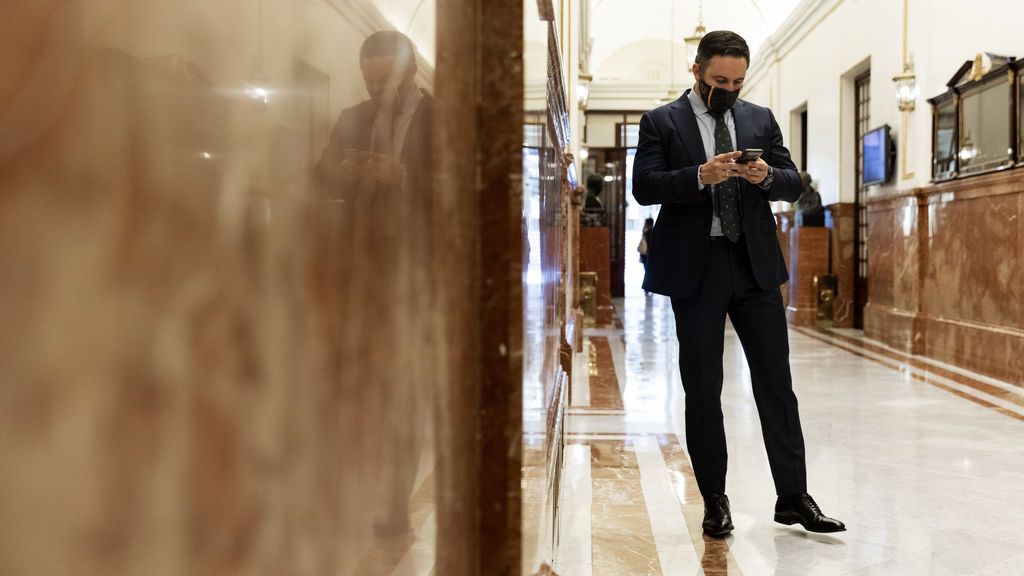President Biden said at a visit to the Washington State Department on the 4th (local time) that he will stop reducing US troops in Germany until Defense Secretary Lloyd Austin reviews the deployment of US forces around the world. “This is to ensure that our troops fit well with foreign policy and national security priorities.”
In July of last year, former President Trump was dissatisfied with the amount of defense spending by Germany and announced plans to withdraw or relocate about a third of the US troops in Germany. However, the Biden administration, which values alliances, put a brake on it. As a result, there is an interpretation that the possibility of reduction of US forces in Korea, which has been raised during the Trump administration, has been lowered.
President Biden said in his speech that day, “The United States is back. Diplomacy has returned to the center of US foreign policy.” He announced that the US has abandoned its unilateral diplomatic line and returned to the international arena. President Biden visited the State Department building on that day for the first time among government ministries. Previously, President Trump chose the Central Intelligence Agency (CIA) and President Barack Obama chose the Department of Defense as their first visitor. As President Biden virtually canceled the plan to reduce US troops in Korea promoted by the former administration, attention is being drawn to what changes will occur in the Biden administration’s USFK policy. Although President Biden did not directly mention Korea, considering the administration’s policy stance that prioritizes alliance relations, an analysis appears that this decision has subsided concerns about the reduction of US forces in Korea. Minister Austin made a statement on the 4th and said, “According to the President’s direction, the Ministry of Defense will review the current status, resources, and strategies of the US military deployed around the world.” We plan to proceed.”
“This can’t be successful alone,” Austin said. “We will discuss with our allies and partners while reviewing.” Even if the review results reveal the need to withdraw or relocate US troops abroad, they will not unilaterally make a decision to withdraw and consult with the host country.
This policy of the United States is very different from the former administration of Donald Trump, who “threatened” to allies such as South Korea, saying that they were free riding without paying enough of their defense cost share. In July of last year, the Trump administration unilaterally announced that it would reduce 12,000 people, a third of the 36,000 US troops in Germany, saying that Germany’s defense spending was insufficient.
Although Korea did not come up with a specific plan like Germany, things that could be interpreted as preliminary work on the reduction of US troops continued to take place, increasing anxiety. In a joint statement at the South Korea-US Security Council (SCM) held in Washington in October last year, the phrase “maintaining the current level of US troops in Korea” fell out for the first time in 12 years. As former President Trump vetoed Kwon Beop (NDAA), concerns about the reduction of US troops until the end of his term have increased.
However, President Biden’s announcement on the 4th was that he would review the previous administration’s plan to reduce US troops from the very beginning, so Korea can take a breath. President Biden said in a speech at the State Department building that day, “The United States is back. All global issues can only be solved through cooperation,” he said.
However, he continued the hard line of so-called aptitude countries such as China and Russia. President Biden said, “I made it clear to Russian President Vladimir Putin that the time has passed for the US to easily get out of aggressive actions such as Russia’s election intervention, cyberattacks, poisoning of its own people.” The Trump administration indirectly criticized Russia for its only low profile. President Biden also demanded the unconditional release of Russia’s opposition leader Alexei Navalni. Regarding China, while referring again to existing issues such as human rights violations and intellectual property theft, he said, “If it meets the interests of the United States, we are ready to cooperate with China.”
President Biden also declared that “the war in Yemen, which became a humanitarian catastrophe, must end,” and that “the United States will cease support for military operations in Yemen and stop selling related weapons.” In the sense that former President Trump was supporting Saudi Arabia in the war, this part can also be interpreted as a measure to cut off the legacy of the previous administration. However, President Biden did not specifically mention the nuclear issue of North Korea or Iran.
New York = correspondent Yoo Jae-dong [email protected]Go to reporter page>
Copyright by dongA.com All rights reserved.
—
–


